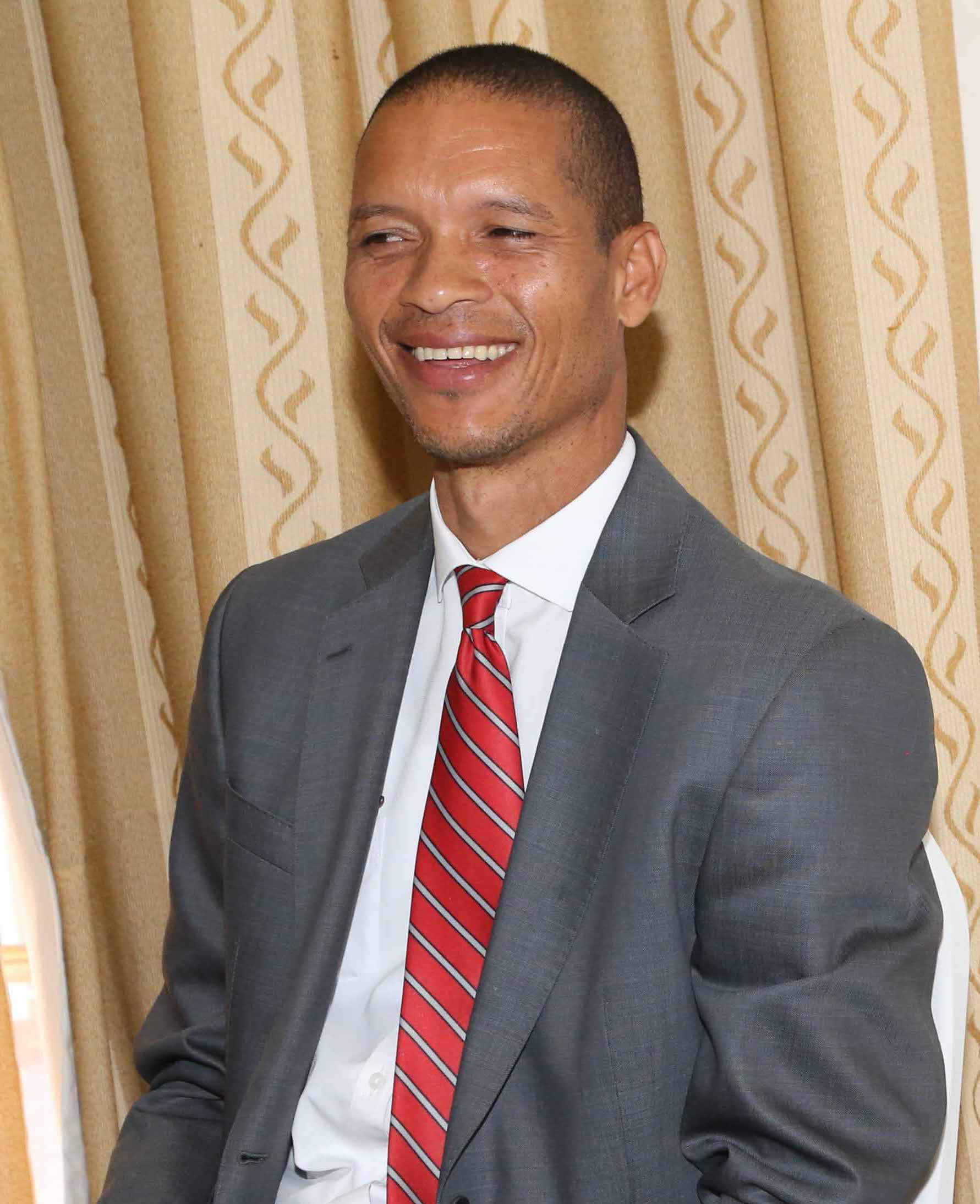UB Faculties Continue to Post Impressive Global Ratings and Recognition
The London-based organisation, Times Higher Education (THE), has ranked the University of Botswana by subject area in clinical and health and Social Sciences among Sub-Saharan Africa’s top 15 in the 2022 World University Rankings.
The University of Botswana Faculties of Medicine and Health Sciences are ranked 11 Sub-Saharan Africa while that of Social Sciences is ranked number 15. The Faculties of Medicine and Health Sciences showed a significant growth, moving three notches up from position 14 in 2021 to 11 in 2022. Globally, the University of Botswana moved 115 places up from 628 for the 2021 rankings to 513 in 2022 rankings.
The faculties are assessed based on five pillars: Teaching (the learning environment); Research (volume, income, and reputation); Citations (research influenced); Industry income (knowledge transfer) and International Outlook (staff, students and research). The results of the assessment are independently audited by Price-Waterhouse Coopers (PwC). The University of Botswana registered a significant growth in all the five pillars.
THE rankings are amongst the world’s most prestigious and widely referenced university rankings. The rankings play a significant role in the recognition of qualifications obtained from the University of Botswana because they are renowned for their credibility and comprehensiveness. The results present a positive outlook for the University of Botswana as it continues on its trajectory of research intensity and working on global recognition of all subject areas.
Commenting on the ranking, Dean of the Faculty of Health Sciences, Professor Ishmael Kasvosve, expressed excitement, saying the significant improvements in the THE World Rankings were a result of collective effort by academics, staff and graduate students in the Faculty.
“This achievement could be attributed to a variety of factors. Increasingly, the Faculty is putting focus on research. A number of academics have successfully attracted external grants and the Faculty continues to nurture impactful collaborations,” he said.
Professor Kasvosve further attributed the positive rating to the fact that all the Faculty of Health Sciences’ research degrees were publications-based, thus providing ‘full circle’ training of their graduate students. The Faculty, he noted, emphasised on terminal outputs such as publications and grants in its performance management. “The Faculty is delighted to see some of the interventions starting to bear fruit,” he said.
Dean of the Faculty of Social Sciences, Professor David Sebudubudu, also expressed his delight at the Faculty’s positive rating. “This speaks to the quality of the work we engage in. We have always underrated ourselves as a faculty and University, yet we compare favourably with some of the leading Faculties and Universities on the continent,” said Professor Sebudubudu. Consequently, he said the Faculty would, as it was the norm, continue to strive to maintain a favourable rating.